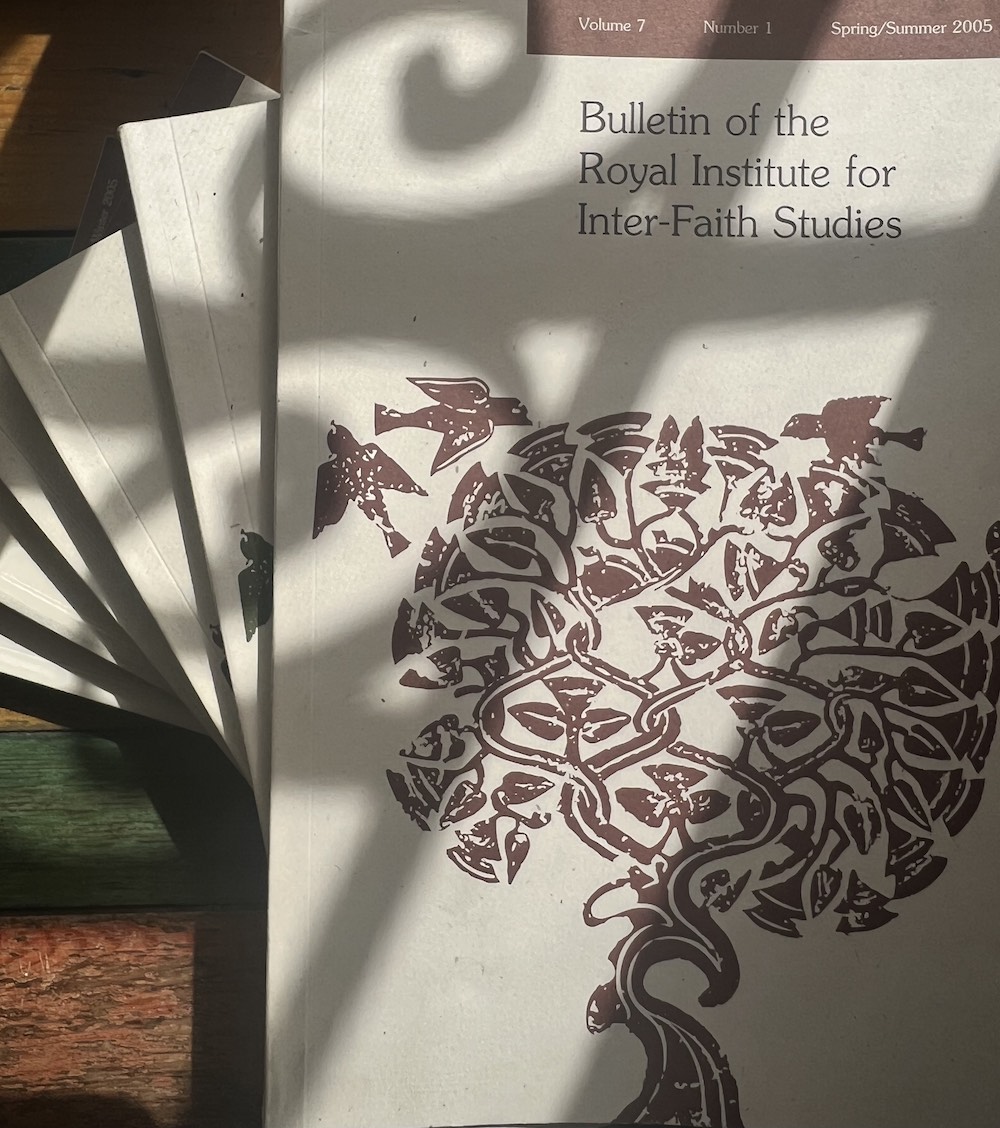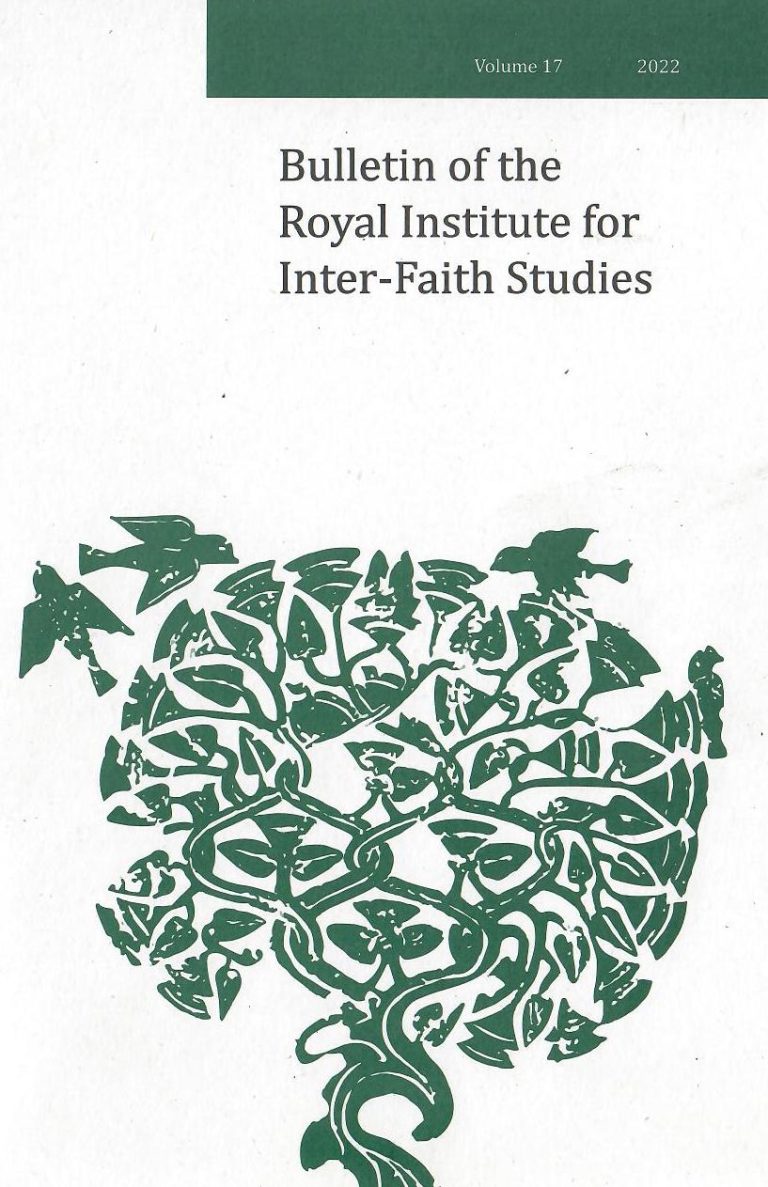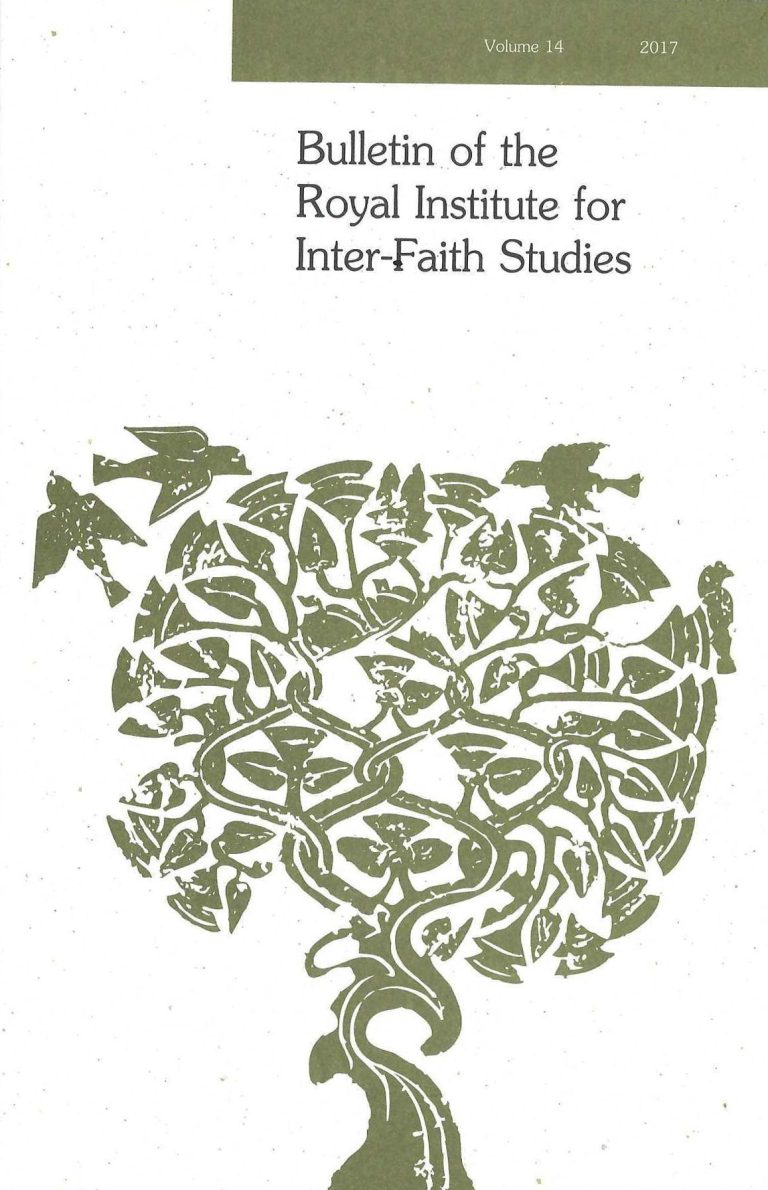A journal About Cultural And Civilizational Interaction
BRIIFS is intended to provide a venue for interdisciplinary academic inquiry into all fields of the humanities and social sciences that bear upon cultural or civilizational interaction such as anthropology, archaeology, fine arts, history, literature, politics, and sociology, and to situate cultural contact in a global context.


Call for papers
The Royal Institute for Inter-Faith Studies is dedicating a special number of BRIIFS (Volume 20) to publish the proceedings of the Conference “Arab Non-Muslim contribution to Islamic Civilisation Heritage”, which was held in Amman, Jordan on 14th February 2024, organised by RIIFS and IFPO with the support of the French Embassy in Amman. This special issue is edited by Mehdi Berriah (Ifpo) and Renee Hattar (RIIFS).
Deadline for submission is 30 November 2024.
Read the submission guidelines.


